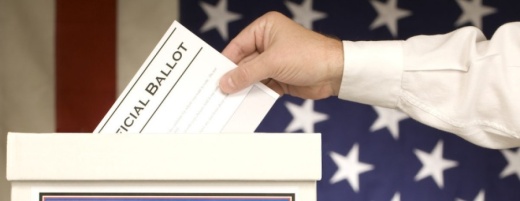“When people have access to the ballot, over time, their earnings improve. Their participation in the workforce improves,” Perryman said.
Texas House Bill 6 and Senate Bill 7 will hurt rather than help, he said. And research related to voting rights across 50 years points to that claim, he said.
“It kind of makes sense. If you have access to the ballot, you’re going to get more funding for your schools. You’re going to get more training opportunities. You’re going to affect the policy process,” Perryman said.
The converse is also true, he said. “And obviously, if you’re earnings are depressed, consumer spending is going to be depressed,” he said. “All of that happens inside Texas, inside our markets.”
Perryman’s report said that highly educated and highly skilled workers typically don’t choose to live in areas where voter access is limited, and that hurts local industries that rely on those high-wage earners. Likewise, many tourists do not choose to visit areas with restrictive voting laws.
“Maybe the Legislature will listen a little bit more to the economic impact because what they’re proposing will make it extremely difficult for local counties, especially larger counties, to figure out exactly what they’re asking,” Tarrant County Judge Glen Whitley said after Perryman’s briefing.
The full report is available on the Perryman Group website.




